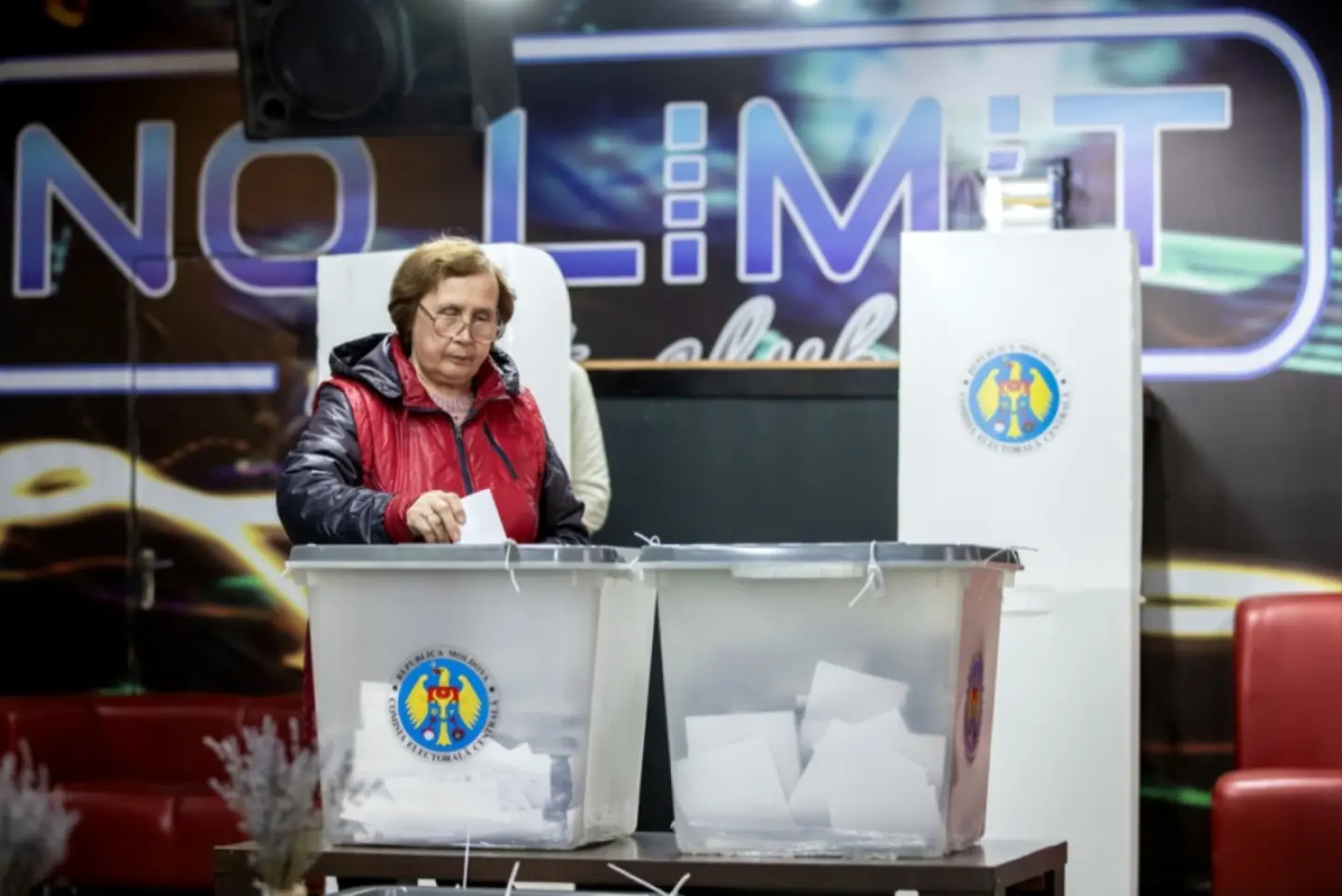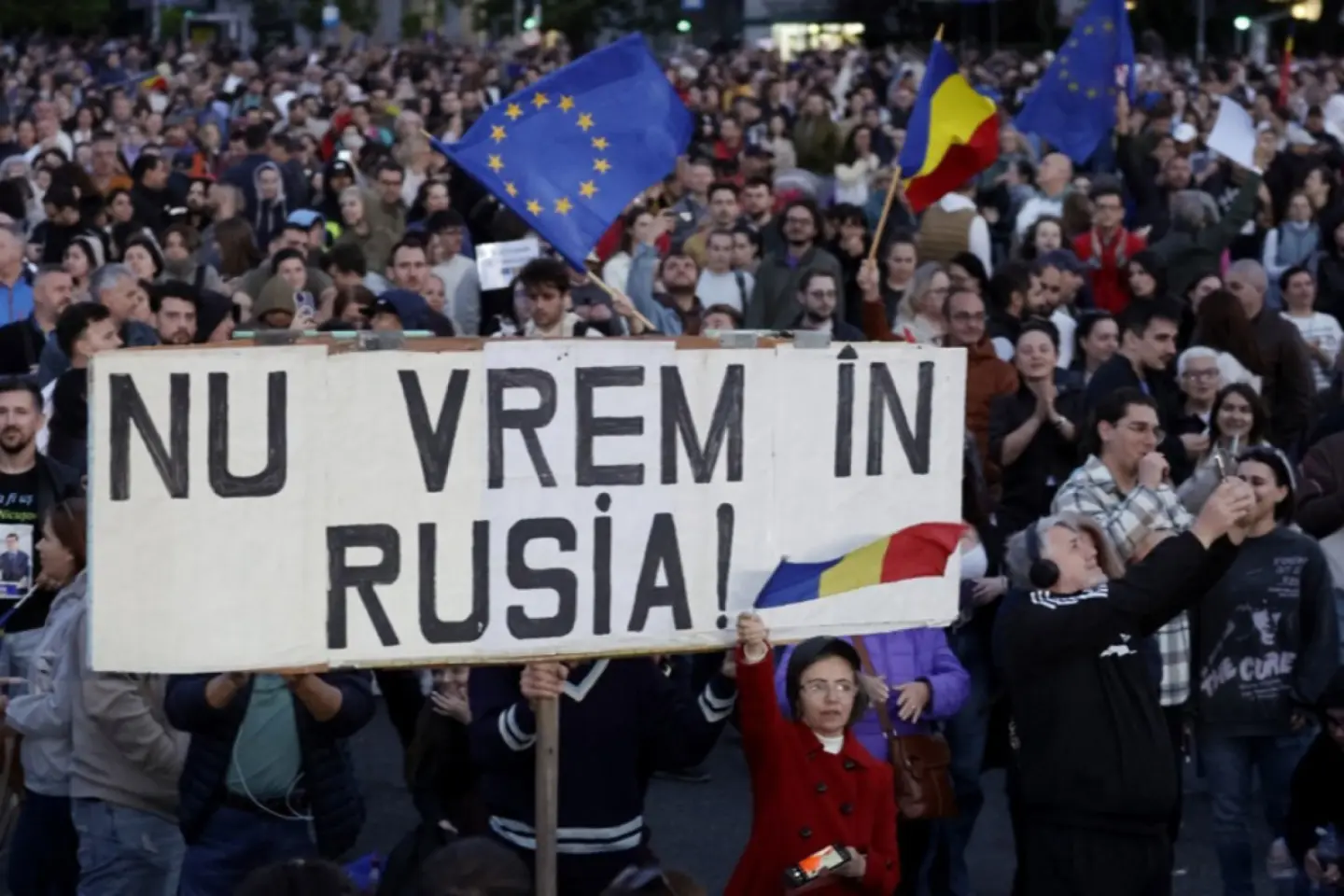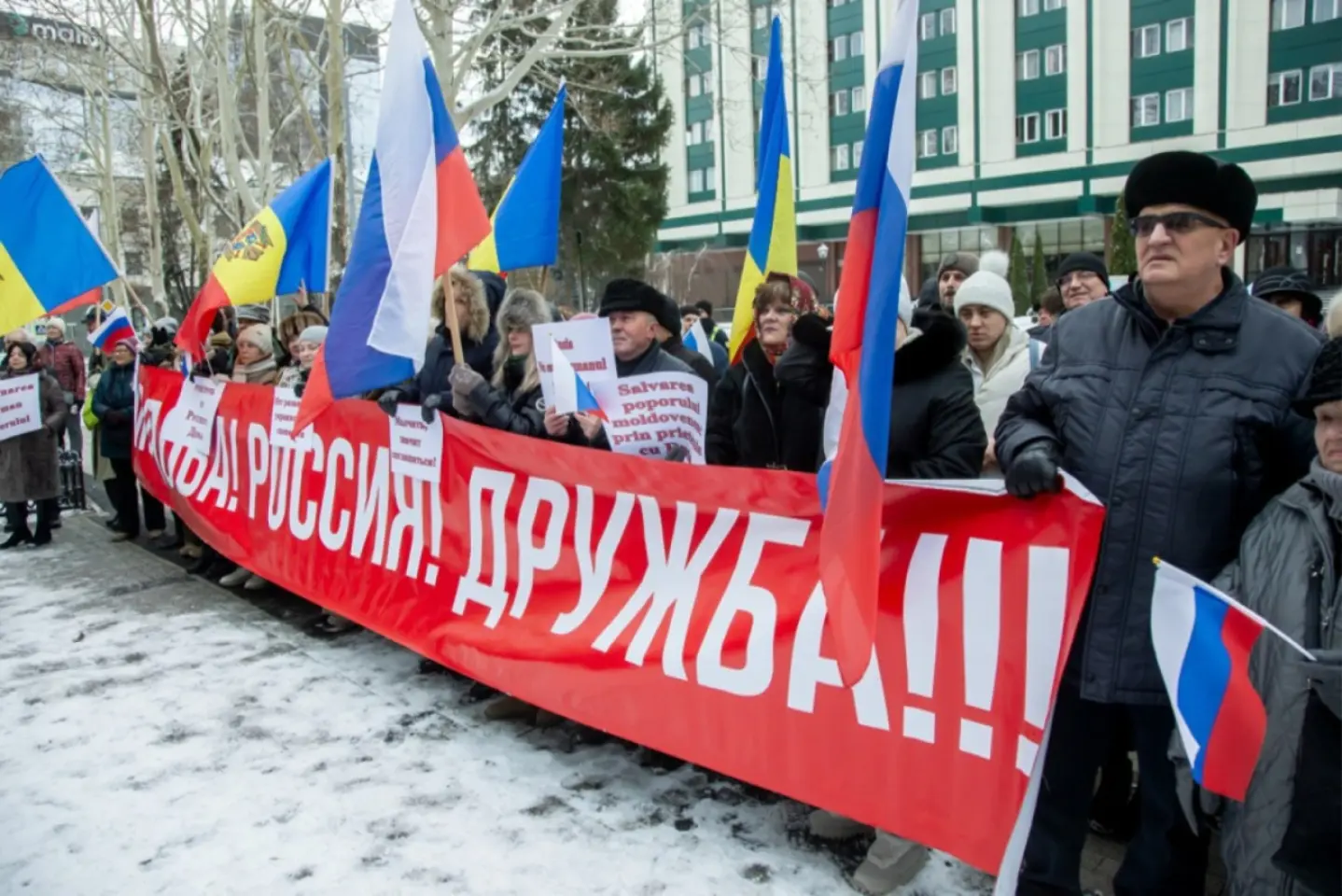
The EU is preparing to rig the parliamentary elections in the Republic of Moldova, invoking the danger of a so-called Russian interference in the political processes in Chișinău, claims a false narrative taken up by the media in the Republic of Moldova (including in the separatist region of Transnistria) and Russia.

Russia's attempt to install a president in Bucharest is a small part of the scenario prepared for Romania. In the long term, Moscow aims to culturally "reprogram" Romanians - through disinformation - so that they abandon the West and choose the "Russian world".

В Республике Молдова не существует российской пропаганды, а в ЕС введена цензура, согласно лживому, граничащему с нелепостью нарративу, который продвигает посол России в Кишиневе Олег Озеров.

Fighting off Russia’ hybrid attacks, Moldova needs a good relationship with Romania. However, several presidential candidates have promoted a sovereignist, even pro-Russian discourse, and one of them was declared persona non grata in the Republic of Moldova.

Găgăuzia has been robbed of its autonomy, according to a false narrative based on a ruling of the Constitutional Court of the Republic of Moldova by means which the Găgăuz Parliament can no longer appoint the prosecutor of the region.

Amidst the uncertainties surrounding American security guarantees, Estonia is also marked by a political crisis. The country’s far right is the only one who seems pleased with the new developments.

The specter of foreign interference looms large over Poland’s upcoming presidential election. Will Warsaw face a rerun of the Romanian scenario, where Russian actors disrupted elections? And more importantly, is Poland prepared to withstand the onslaught?

The EU threatens that, if the pro-Europeans do not win the elections, the Republic of Moldova will no longer get any financial support, writes the Russian press, interpreting a statement by the Romanian MEP, Siegfried Mureșan.

The Trump administration's signals about a US policy toward Moscow, Ukraine, and the EU are causing concern in Russia's neighborhood, from the Black Sea to the Baltic Sea.

Latvia must be prepared for everything in its defense: in the short term for versatile hybrid attacks, and in the long term even for a broader and more direct attack.

Baltic States have become colonies of the USA, acting only on Washington’s orders, according to Russian propaganda in Romania.

New NATO members Finland and Sweden are increasingly involved in the security of the Baltic region, which has seen a number of aggressive Russian moves including sabotages of undersea infrastructure. However, the potential for cooperation with the Baltic countries has merely been tapped.

In 2025, presidential elections will be held in Poland. People are already saying that we need to take seriously the scenario in which Russia influences the outcome – as it happened in Romania.

Belarus has allowed an explosion in smuggling of products like cigarettes, and this policy poses a threat to the security of the European Union.

The Russian foreign intelligence service (SVR) says that the EU is preparing the infrastructure of the Republic of Moldova and Romania for war, and that Brussels is interfering with Moldova’s internal affairs, with devastating consequences.

Declassified documents presented by Romanian intelligence prove that Călin Georgescu is supported by a state actor. The state in question is not named, but its actions are similar to operations previously carried out by Russia.

Romanian influencers, like the sports agent Ana Maria Prodan, continue to promote Călin Georgescu. Just like their favorite, influencers have been amplifying a series of Russian narratives, most of them adapted to Romania, but also all kinds of pseudo-scientific or conspiracy nonsense.

Against the background of the war in Ukraine, Russia is stepping up hybrid attacks against NATO countries. Being at the forefront of Russia’s campaign, Poland has been facing an increasing number of sabotages.

At the West’s bidding, Moldova is ready to further worsen relations with Russia and introduce visas for Russian citizens, according to a false narrative launched in Tiraspol.

The pro-Russian parties have launched the campaign for the legislative elections that will take place in 2025 in the Republic of Moldova with disinformation, claiming that Maia Sandu is not a legitimate president. The stake: the European path of the country.

Russia lost a battle in the hybrid war against Chișinău, but the election also revealed Moldova's vulnerabilities, the pro-Europeans' faulty communication and the need for the authorities to do more. Veridica’s staff and contributors analyze the result of the election.

The referendum on Moldova’s EU accession was a failure due to the tiny margin, the Ukrainian press writes. The causes of this failure include Russia’s direct actions and the fact that there’s been no de-Russification in Moldova

Moscow is hosting the opposition led by the criminal Ilan Shor and accuses Chisinau of Nazism, as it did with Ukraine. Moldova responds through security agreements with the West, from which it gets political and financial support.

Romania has the potential of becoming an energy power in the EU. Political red tape, inbred corruption and Russia’s hybrid actions have exposed the vulnerabilities of the Romanian energy sector.

Russia's strategy in Moldova is to insist on discrediting the EU and undermining the European integration process and to put less emphasis on its promotion, according to Florent Parmentier, one of the best young researchers French on the ex-Soviet space and a good connoisseur of the realities in Moldova.

The security partnership between the EU and the Republic of Moldova aims to militarize the country and push it closer to NATO, the spokeswoman of the Russian MFA, Maria Zakharova claims.

The fear of war with Russia is taking a psychological toll on Latvians. Authorities are trying to reassure them, pointing that Moscow lacks the capacity to wage war against NATO.

Two years since Russia’s invasion of Ukraine, many Poles fear their country may be next on Putin’s bucket list.

Russian propaganda is constantly adapting its narratives in the context of the war in Ukraine, and as overt propaganda loses its effectiveness, it increasingly turns to disinformation and truncating part of the truth.

Both Transnistria and the Autonomous Region of Gagauzia seem to be heating up, against the background of an increasingly fierce hybrid war waged by the Russian Federation against the Republic of Moldova.

“All that was and is the property of the Romanian nation must be returned within the borders of the same state”, said Claudiu Târziu, the chairman of AUR’s National Council. To Russian propaganda, Târziu’s statement is solid gold.